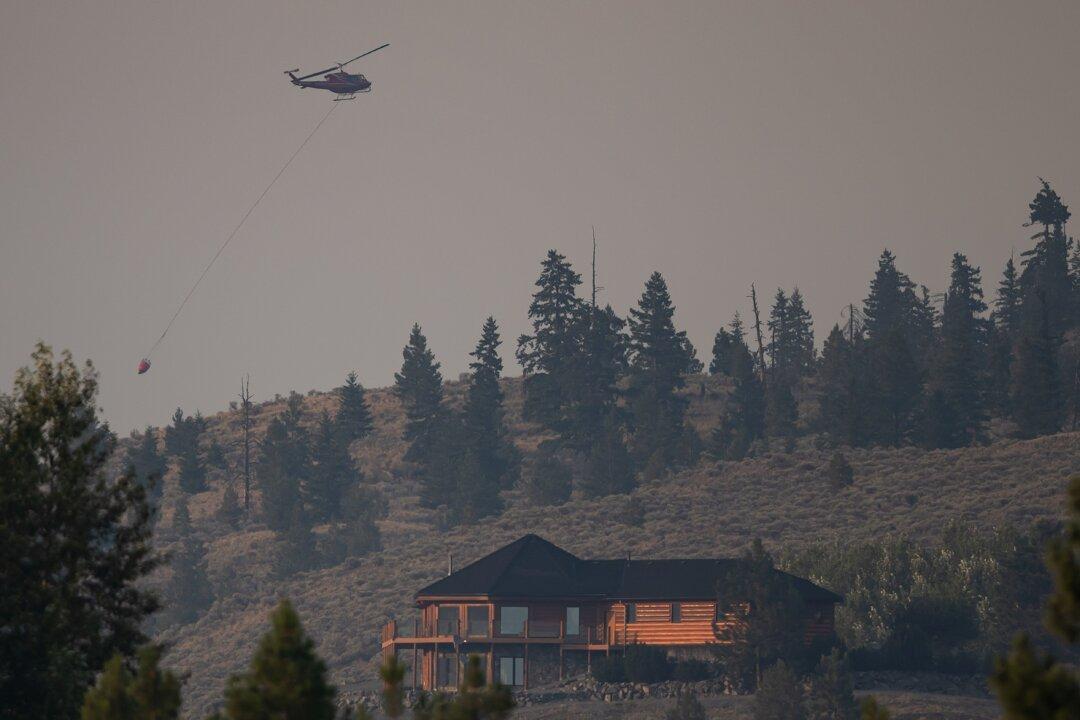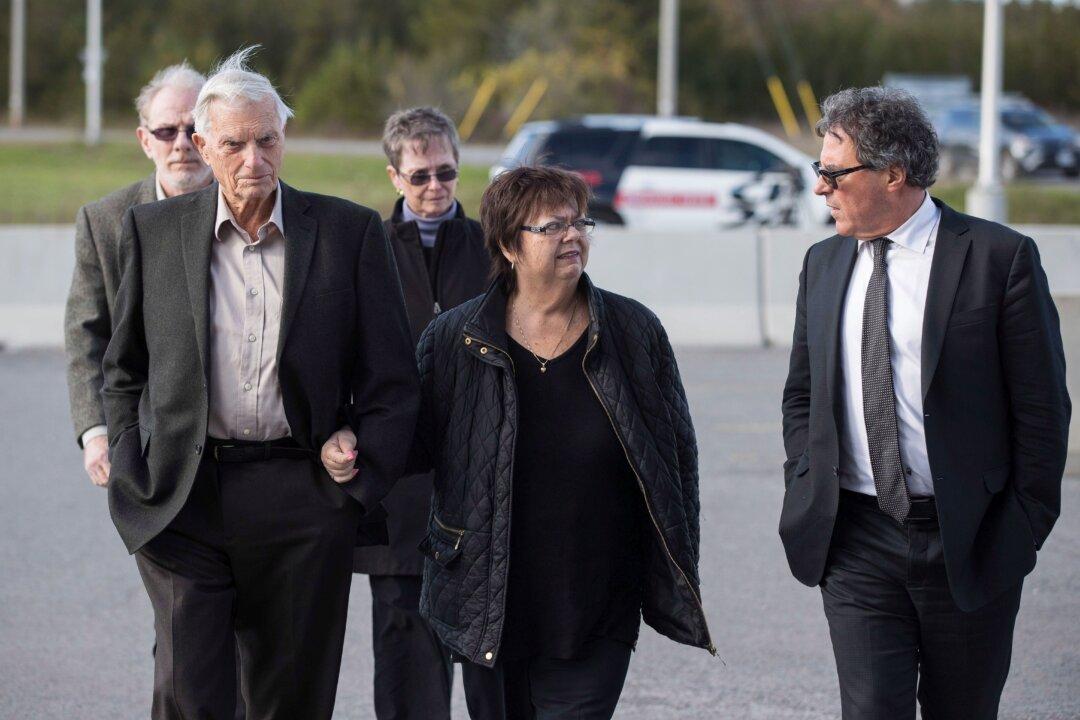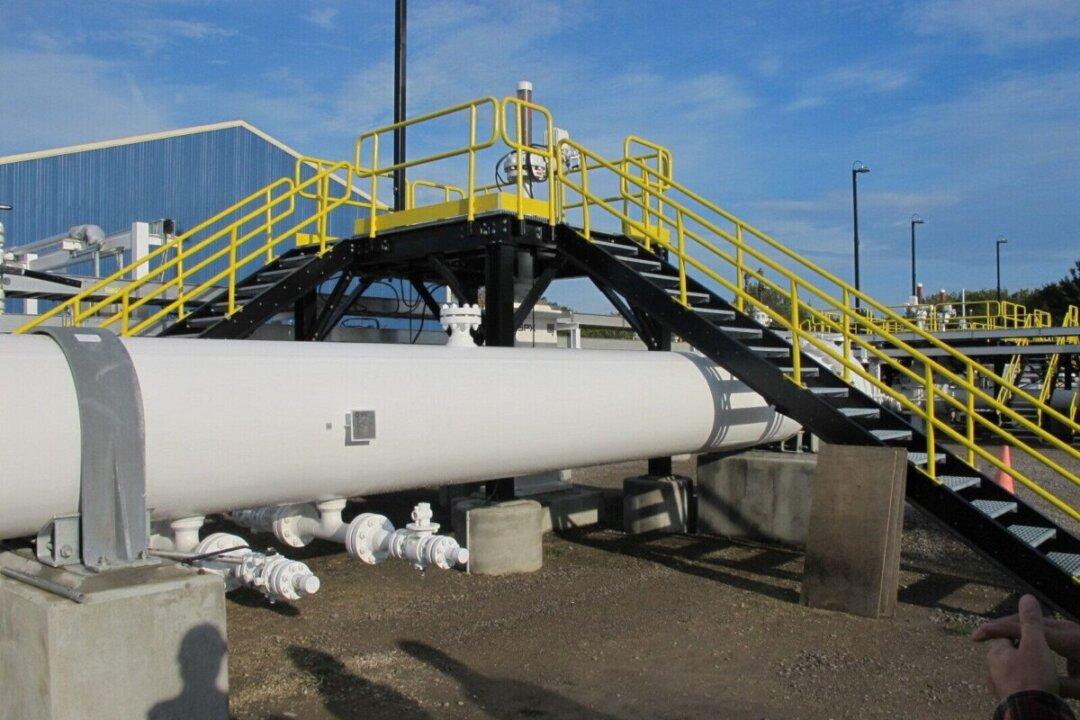As wildfires continue to rage across B.C., some residents whose livelihoods are imperilled by the fires say there’s much to be desired in how authorities are tackling the emergency.
Premier John Horgan called a state of emergency on July 21. Firefighters have been working to stop more than 250 out-of-control wildfires burning across the Interior, while many residents remain on evacuation alert.





